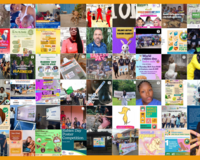Media

World Rabies Day theme 2024 is here!
This World Rabies Day, prepare for a theme that challenges norms and pushes boundaries, promising a call to action unlike any other. Get ready to plan events, build bridges and get much closer to a world free of rabies.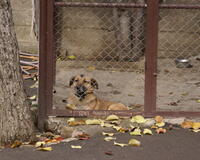
Monitoring biting animal quarantine has been made easy with the GARC App
Are you missing the last key piece to a truly comprehensive IBCM program by not being able to track quarantined biting animals? Using the new tool on the GARC App, complete your IBCM program by easily monitoring and tracking animals that are quarantined for rabies surveillance! Read more about the new tool and it’s features inside.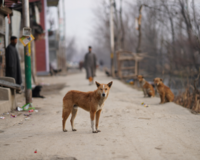
Unlocking professional expertise: GARC's protocol for investigating potentially rabid dogs
Explore GARC's specialized protocol for investigating potentially rabid dogs, offering a systematic approach for animal and public health professionals. Addressing resource constraints, it provides adaptable solutions, prioritizing safety in community interventions.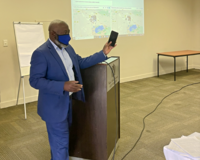
Unlocking Seamless Surveillance: Exploring the Synergy of GARC’s Tools
Unlocking seamless surveillance, GARC's suite of digital data collection tools synergize effortlessly, enabling unified access, interchangeable usage, and integrated insights for comprehensive rabies control. Learn more about how they can work better for you inside!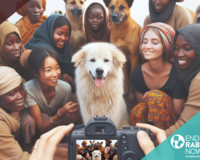
Communities Against Rabies: Explained
Now is the chance to learn more about the Communities Against Rabies initiative and how you or your organization can get involved and get the support you need. We outline the goals and concept of the initiative, show how you can get involved, and highlight some of the successes that have already been achieved.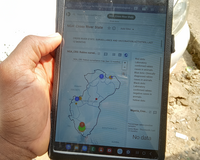
Enhancing Rabies Surveillance in Cross River State through GARC’s Innovative educational and surveillance Tool
Dr John Bassey – a veterinarian leading rabies elimination activities in Nigeria’s Cross River State – shares his own experiences with the GARC surveillance tools and Education courses, highlighting their impact on the State's rabies elimination efforts.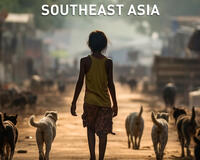
Advocating for elimination: Moving towards a rabies-free Southeast Asia
Advocacy and awareness remain key in addressing the neglected nature of rabies. Through an improved understanding of the challenges faced, as well as practical solutions and success stories, rabies can be prioritized, and elimination achieved. Read about a key advocacy piece that can help change the minds of international stakeholders and leaders through evidence and success.
Expanding GARC’s Resource Hub: New rabies materials ready for download!
We have expanded our collection of rabies-related materials available for free download on our website, including educational posters, multilingual resources, and scientific publications.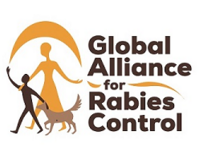
Year in Review 2023
Hear from our Executive Director, Prof Louis Nel, as we look back at 2023 and highlight the key activities that GARC undertook to help drive rabies elimination efforts globally.